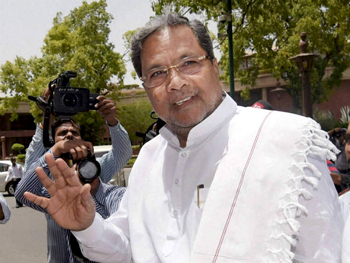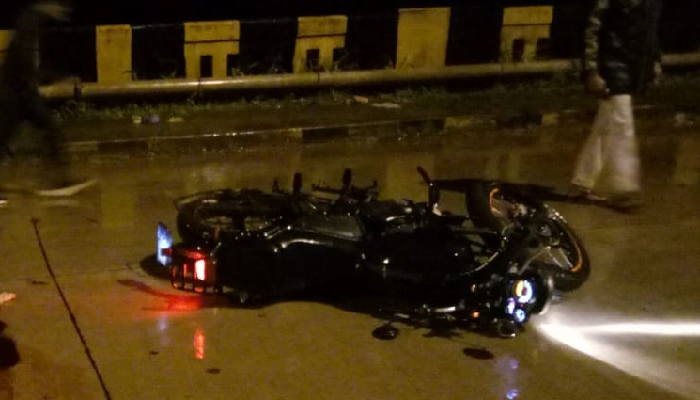Kasaragod, Apr 1: Kerala Chief Minister Pinarayi Vijayan on Tuesday announced a special action plan for Kasargod district where more people testing positive to the Coronovirous.
"The northern most district of the State has become the hot bed of Coronavirus infection with the maximum number of positive cases confirmed in Kerala," the Chief Minister told a press conference at the Government Secretariat.
“A special action plan will be implemented in Kasargod. Currently, Kasargod district has the maximum number of positive cases and also the highest number of people under hospital observation. Data from the panchayats in the district will be used to test people with symptoms and also to identify people in contact with them," he said.






Comments
She was planning to buy a Rain-Coat, finally she got a waterproof sari.
How to wash this saree with water if its waterproof?
How to wash this saree? If it waterproof?
@ Ramesh Mangalore,
Well said...Even Modi ji deserve the same.....\SHAME\" ..... for his 15 Crore Suit Made in Golden Thread."
Did he really pay for this saree????????? I doubt!
Marketing!
There is no value for Gift, everyone should give and accept gift, This is love of Humanity.
Cheers!!!
Add new comment